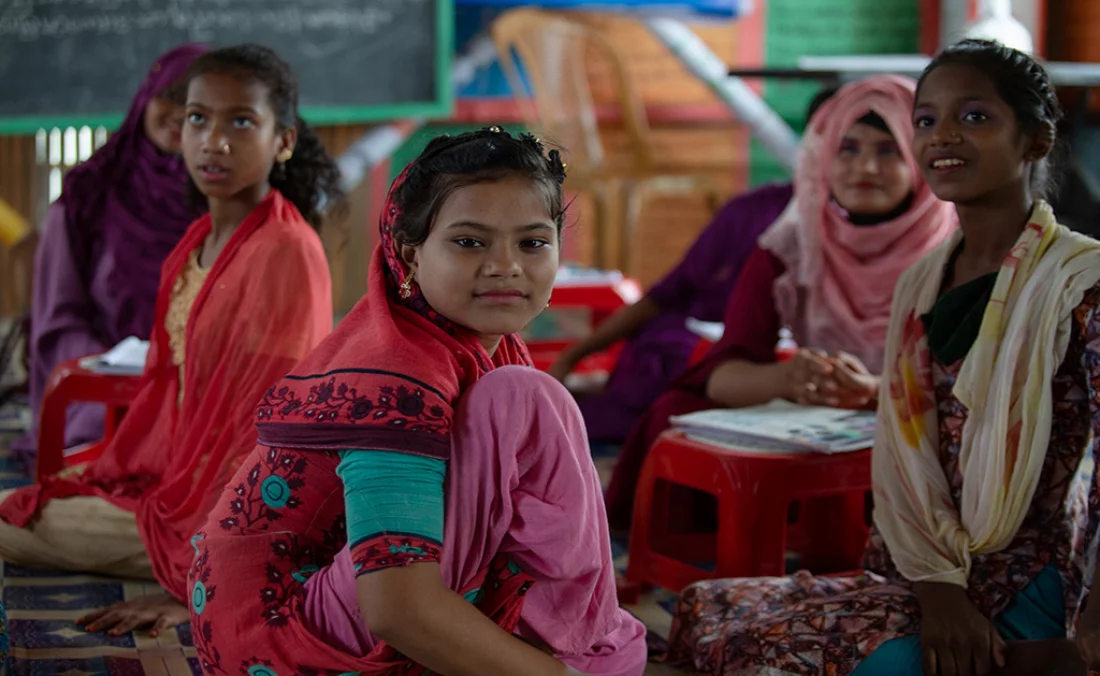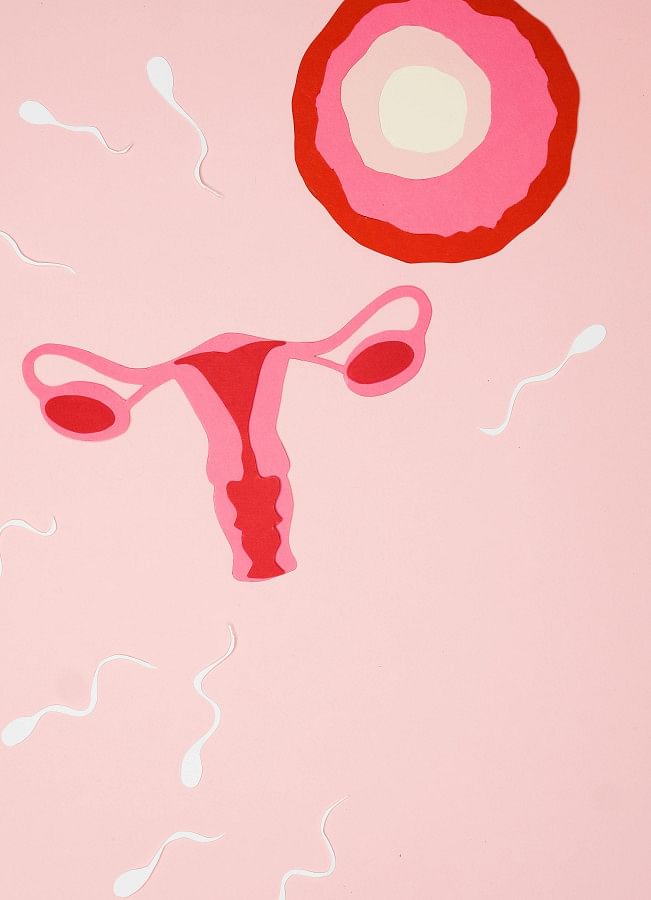“Only my closest friends and a few family members knew about my IVF journey. I kept it private to avoid judgment, the whispers calling me ‘defective’ for not conceiving naturally. In India, I saw women in their 50s enduring the same gruelling treatments, all longing to hold a child. People do not understand our pain; they only expect us to have children, as if that’s our sole purpose.”
— Rumana, 35, while reflecting on her recent IVF success.
In Bangladesh, where motherhood is deeply woven into a woman’s identity, infertility is more than just a medical condition — it is a deeply entrenched social stigma. For many women, being unable to conceive means being treated as incomplete, facing emotional abuse, and even experiencing violence.
While scientific advancements have led to Assisted Reproductive Technologies (ARTs) such as In Vitro Fertilization (IVF) and Intrauterine Insemination (IUI), these treatments remain largely inaccessible, expensive, and shrouded in misinformation.
According to a study “Infertility and Assisted Reproduction as Violent Experiences for Women in Bangladesh: Arts-based Intervention to Address GBV (Arts for I-ARTs)” by Dr Papreen Nahar and Farhana Alam, infertile women in Bangladesh often experience a form of social exile, where they are treated as incomplete, inadequate, or even cursed.
Photo: Collected / nadezhda moryak / Pexels
The hidden struggles of infertile women
According to Dr Nahar, an expert in global health and infection at the University of Sussex, infertility leads to serious social and emotional consequences for women in Bangladesh.
“Being childless can have severe impacts, including family violence, social stigma, emotional abuse, and financial difficulties. Infertility is not included in public health policies, and there are few public services to support childless women. As a result, many turn to ARTs, but these procedures often expose them to further harm, including lack of informed consent, painful and intrusive treatments, and even life-threatening risks.”
Research suggests that 15 per cent of Bangladeshi women struggle with infertility, the highest rate in South Asia. The emotional toll is immense, with many women experiencing depression, anxiety, and social isolation. Women who seek medical help often find themselves blamed and judged rather than supported.
At the same time, women endure constant pressure from their families and communities. Many are pushed into traditional healing practices before seeking medical help, while others are pressured into arranged second marriages for their husbands, worsening their emotional trauma.
The cost of hope: Economic and healthcare barriers
Infertility treatments in Bangladesh remain prohibitively expensive. Dr Farhana Anam, a fertility specialist and the Medical Director of Harvest Infertility, highlights that while ARTs can solve many fertility issues, access remains limited due to financial constraints.
“IVF and IUI treatments are extremely expensive and unaffordable for most families. Many women remain unaware of their options or lack the autonomy to seek help. A major barrier is also the shortage of trained specialists and regulations to ensure quality care.”
The high cost of ARTs exacerbates the inequalities faced by infertile women. Many families exhaust their life savings in pursuit of pregnancy only to be met with failed treatments, financial ruin, and social humiliation.
The role of male infertility: An untold story
Infertility is often framed as a women’s issue in most cases, despite medical evidence showing that male infertility contributes to at least 50 per cent of infertility cases worldwide. However, due to deeply entrenched patriarchal beliefs, male infertility is rarely acknowledged, let alone discussed openly. Women bear the brunt of the blame, while their husbands and male family members escape scrutiny.
According to the study “Infertility and Assisted Reproduction as Violent Experiences for Women in Bangladesh: Arts-based Intervention to Address GBV (Arts for I-ARTs),” infertile women in Bangladesh are often blamed for a couple’s inability to conceive, regardless of medical evidence. Even when male infertility is confirmed, women are pressured to remain silent to “protect the man’s dignity” and uphold family honour.
The study highlights a critical gap in knowledge about male reproductive health in Bangladesh. Frequently, male infertility is not diagnosed early because men and their families often refuse to accept the possibility that infertility could be due to low sperm count, poor sperm motility, or other reproductive issues.
Dr Sabina Faiz Rashid, Director of the Center of Excellence for Gender, Sexual and Reproductive Health and Rights (CGSRHR) at BRAC University, explains, “We live in a patriarchal society where men are rarely held accountable. Even when male infertility is recognised, families – and often wives – conceal it to protect the man and the family’s honour. As a result, women bear the burden alone, facing social stigma and ridicule.”
This lack of accountability reinforces misconceptions about infertility and further isolates affected women. Men are rarely asked to undergo medical tests, while their wives are subjected to numerous diagnostic procedures and treatments without questioning the possibility that their husbands could be infertile.




